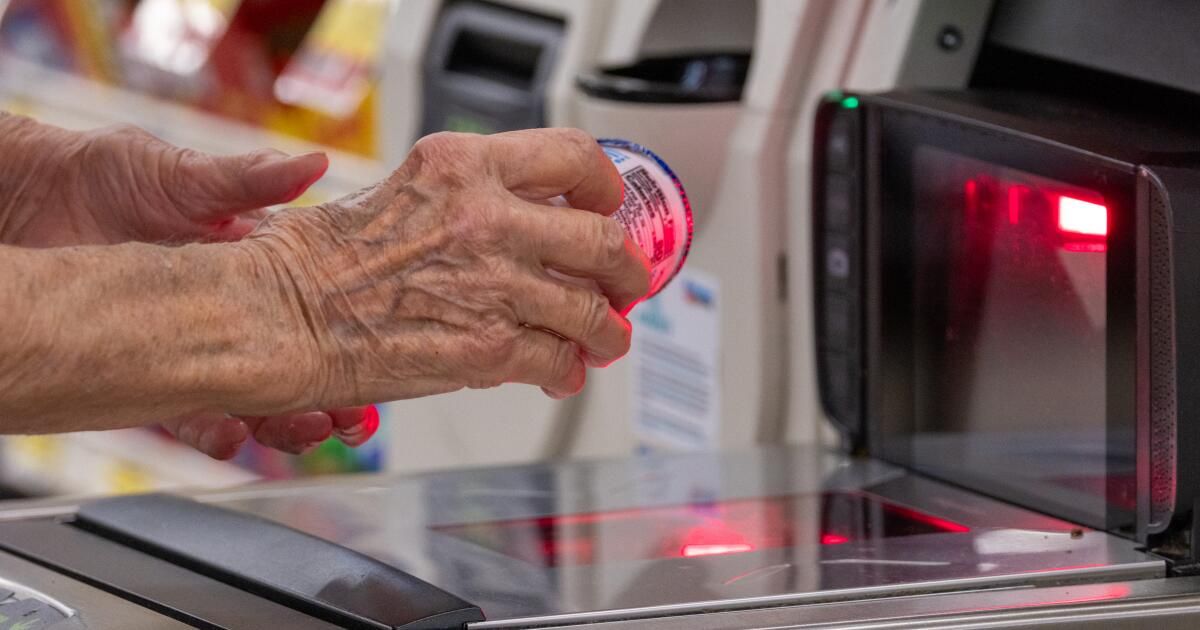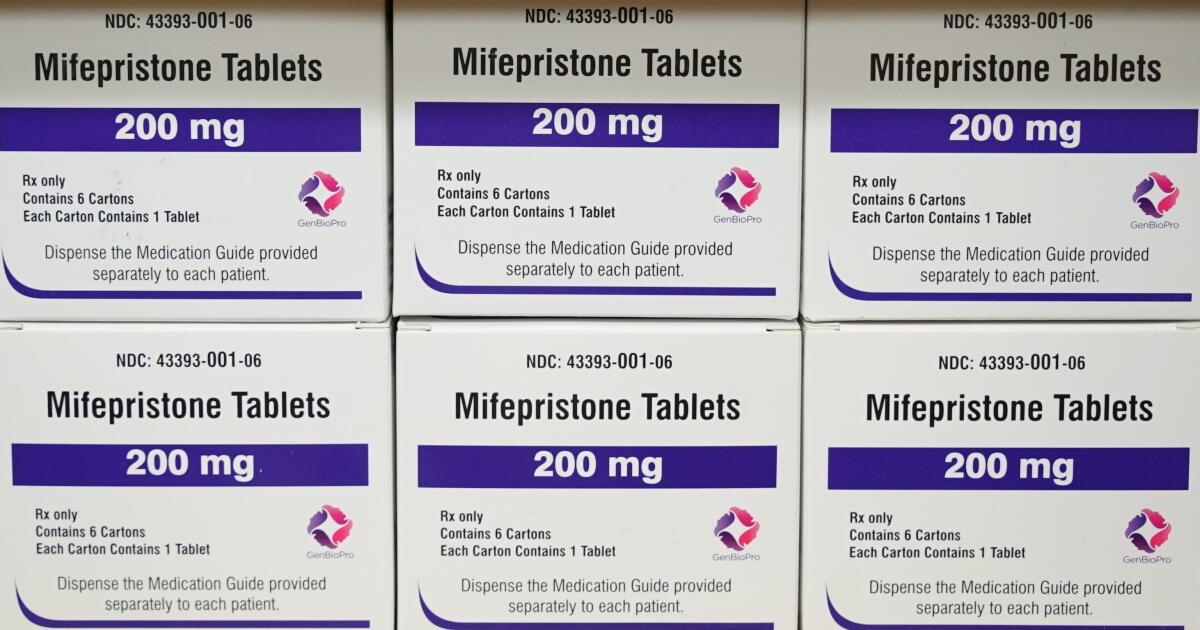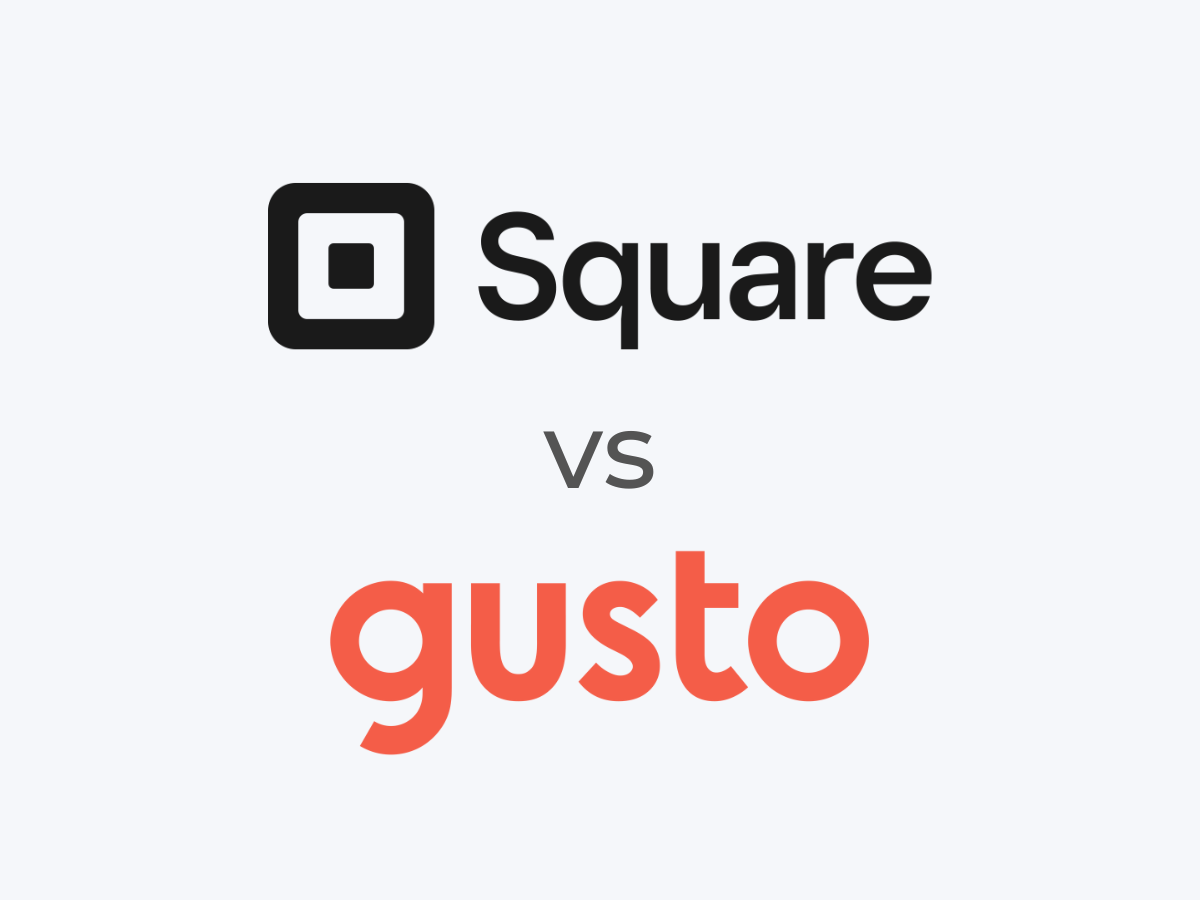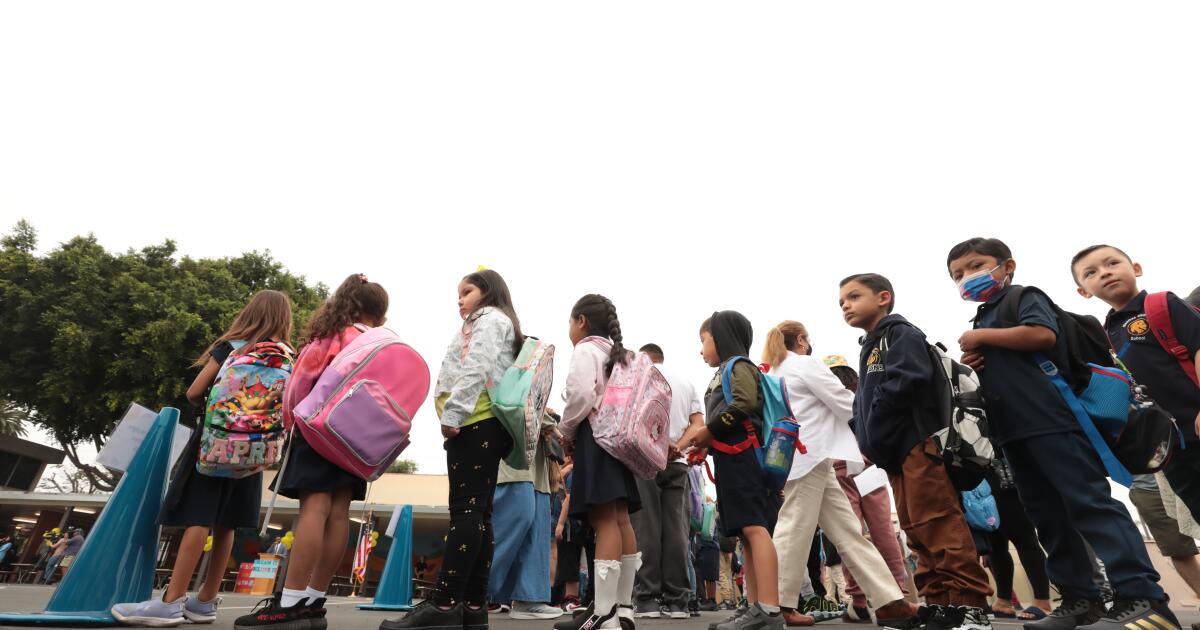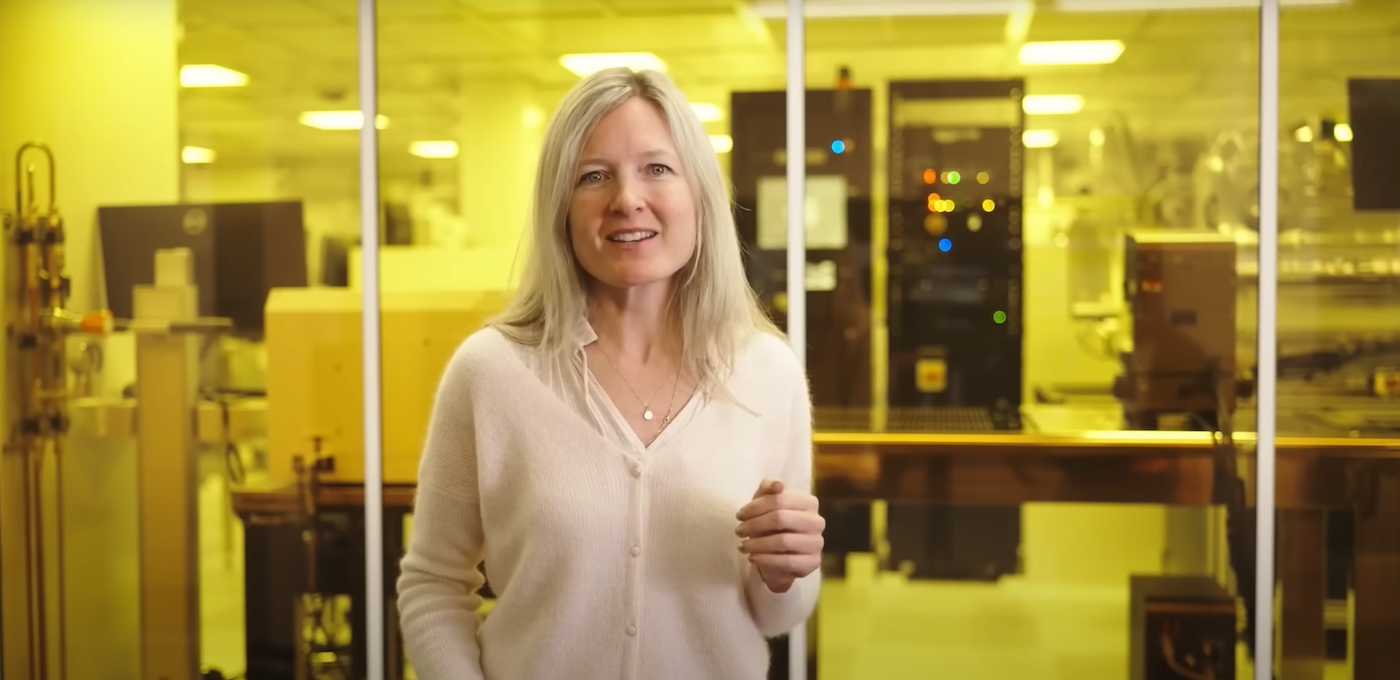Four years ago, something incredible happened. Suddenly, people realized that my coworkers at the grocery store and I are essential. It had a lasting effect on me, but some people clearly need a reminder, especially the leaders of the conglomerates that dominate the industry. These bosses have rewarded our essential frontline service during the pandemic by trying to replace us with machines.
California grocery workers are once again on the front lines as we confront the challenge of automation. This time we are fighting back by supporting State Bill 1446, which, among other things, limits the number of self-checkout stations grocery and retail pharmacy workers must oversee at any given time.
The corporate strategy behind self-checkouts is clear and blunt: cut labor costs by forcing customers to do the work themselves and shift the increased profits to Wall Street. Most of my customers at the Food 4 Less in Boyle Heights refuse to make the switch. Instead of learning to navigate the row of self-checkout machines our store recently installed, they stand in line in the aisles for a human to help them. And those are the customers who have time to wait: Every day I see customers who give up and walk out the door without buying anything because the line is too long and they are frustrated by the problems they have encountered when trying out self-checkouts.
But our bosses have prioritized profits that benefit shareholders at Kroger, the parent company of Food 4 Less, far above customer satisfaction. Worker well-being ranks even lower on their agenda. The addition of self-checkout at the store where I work has forced us to manage increased workloads and deal with unhappy customers. Our physical safety has also been compromised by the change.
That's because, unsurprisingly, self-checkouts offer more opportunities for theft. The company takes this into account, and apparently believes that the higher losses outweigh the savings they make from reducing staffing costs. But at my store, only one worker is expected to guard all six self-checkouts, and when we see or suspect a theft it can be alarming, especially during night shifts when there are fewer people around.
Workers aren't the only ones unhappy with self-checkout machines. Many shoppers find them difficult to operate and are frustrated by issues like hidden barcodes or items that can't be scanned. For people who only have a few items, especially younger customers who are more familiar with touchscreen interfaces, they can work just fine. But grocery store work requires speed, skill and experience that not everyone can learn on the job. And many people prefer to interact with a person.
I’ve been working at Foods 4 Less for five years and love serving my community. I have longtime customers who seek out my register and with whom I share moments of personal connection week after week. But with the lines at the register getting longer and the staff getting shorter, there’s less time to say “hello” — another way automation is destroying the social fabric.
The Boyle Heights Food 4 Less story is happening in industries across California and the country. What other choice do any of us have? Everyone needs a grocery store — they’re essential, remember? But if the Legislature passes SB 1446, the lines at the checkout will be shorter and the workers who help you when the self-checkout computer glitches will be less stressed. Maybe everyone will get a chance to say hi.
Aurora Hernandez works at Food 4 Less in Boyle Heights and is a member of the Food and Commercial Workers Union Local 770.

